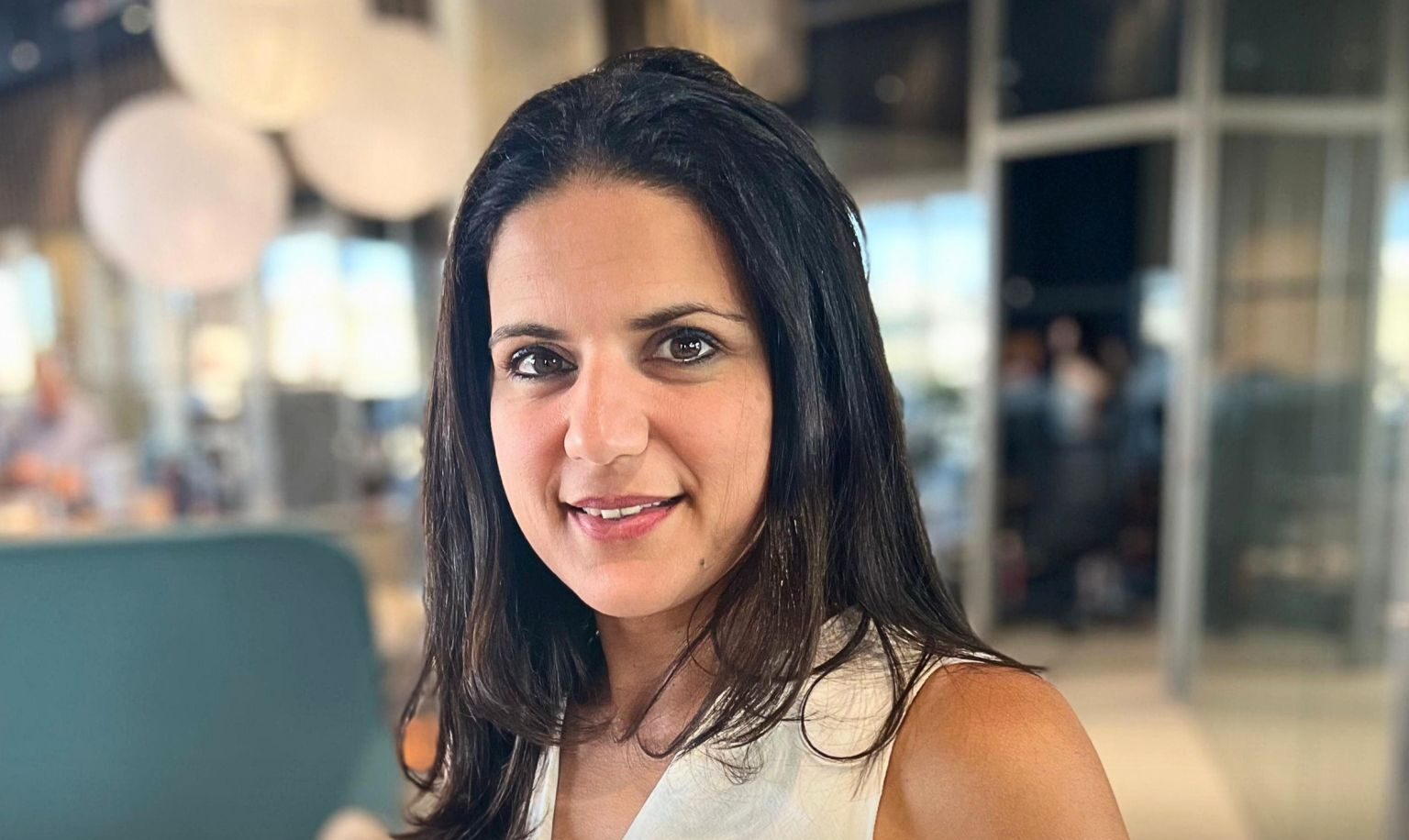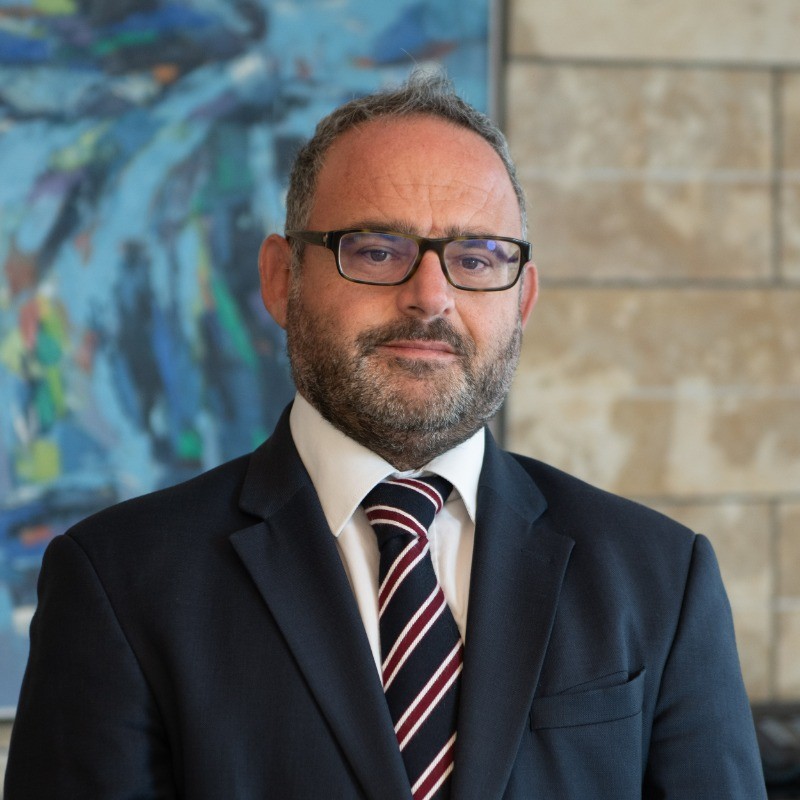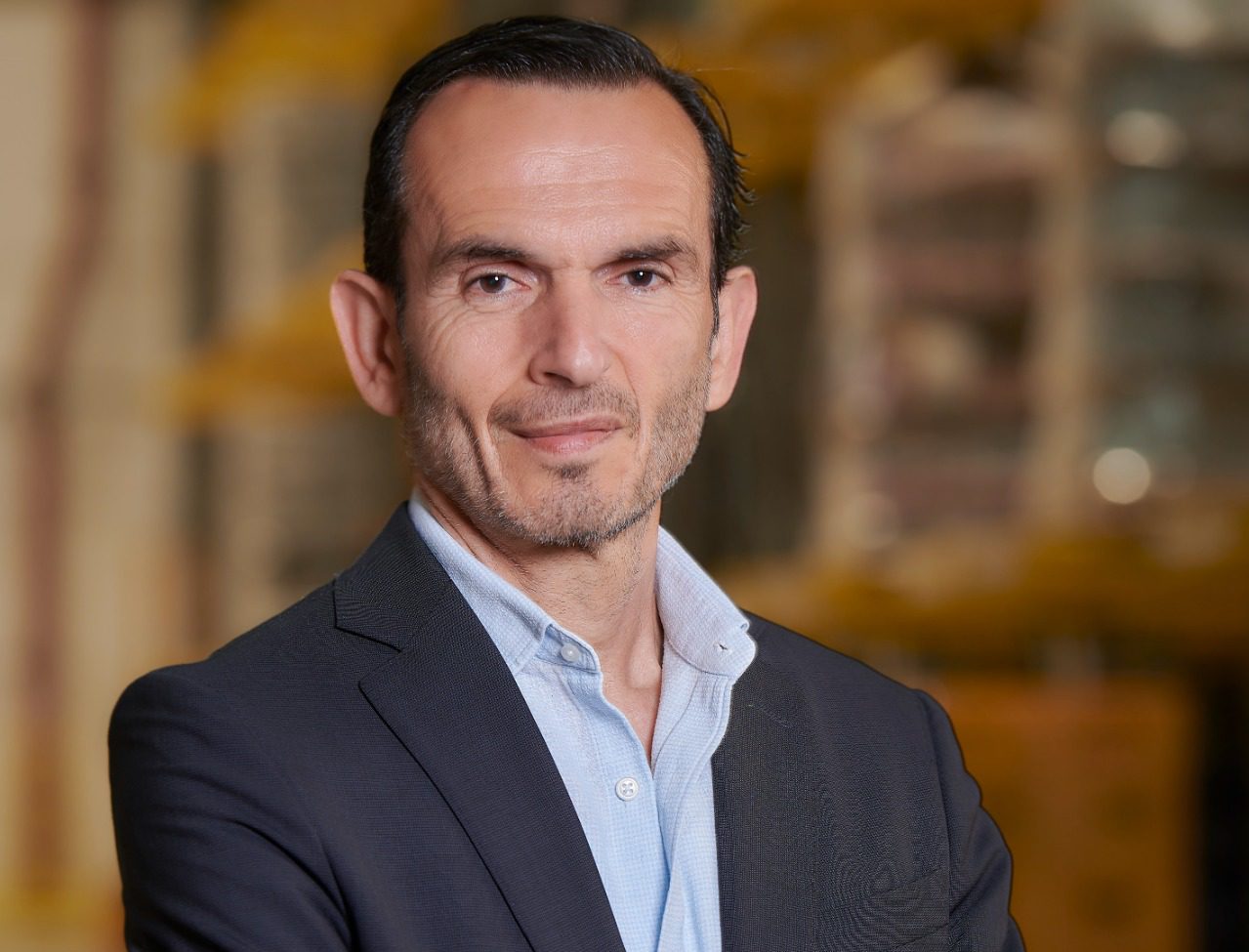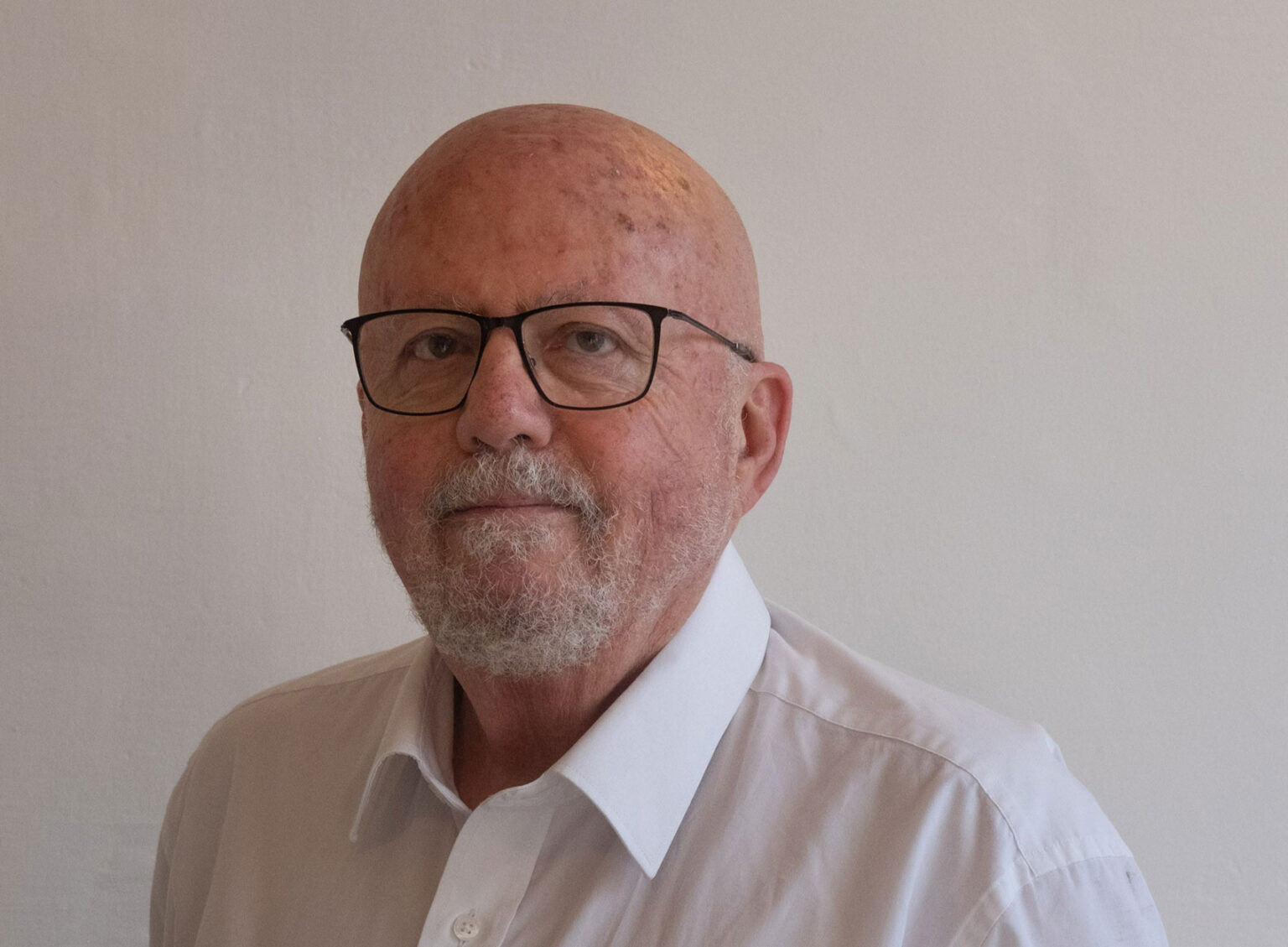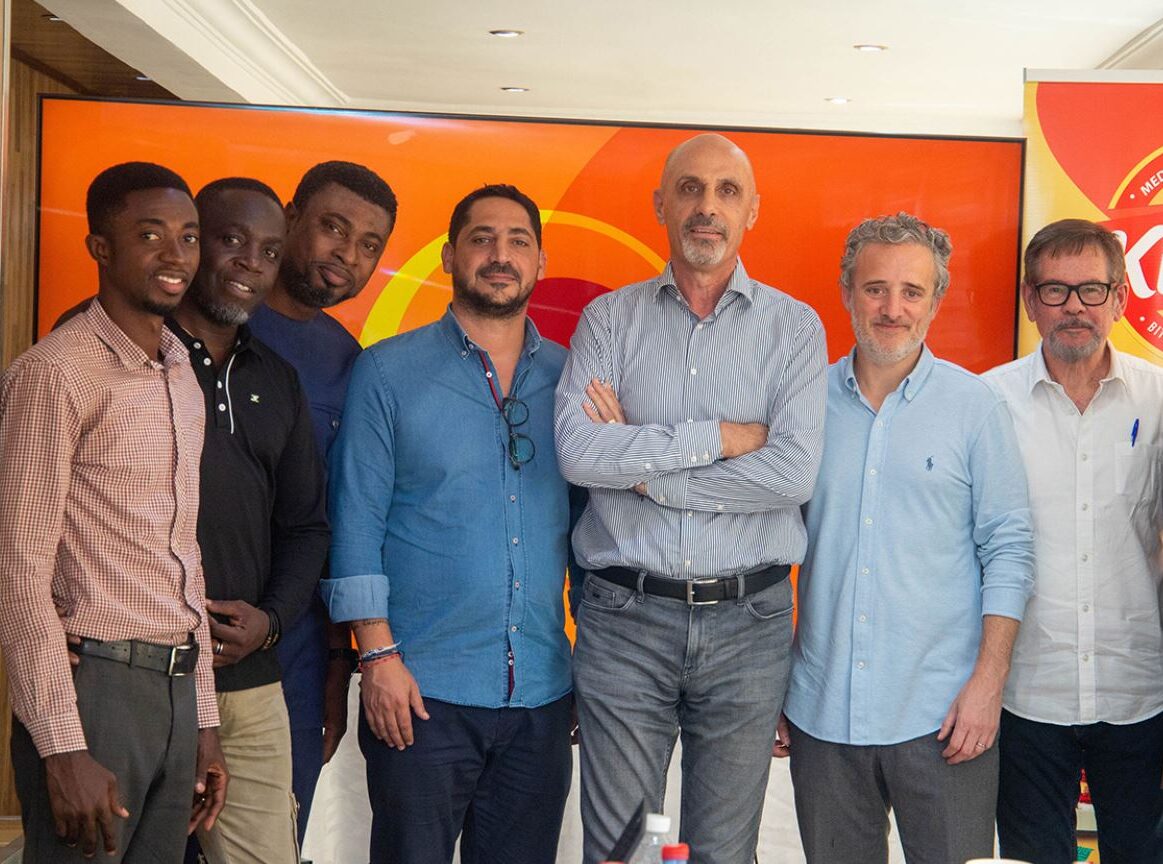A significant number of global executives feel that their companies will not be viable within the next 10 years, unless they reinvent their business models, according to a survey of more than 4,700 CEOs conducted by global corporate services firm PwC.
The 27th edition of PwC’s Annual Global CEO Survey was released on Monday, painting a relatively mixed picture for the global business landscape for the coming years.
One of the report’s key findings was that 45 per cent of global CEOs believe that their companies will no longer be viable in 10 years’ time, should they continue on their current trajectory. While more executives are optimistic about global economic growth than last year, this lack of confidence in long-term survival is higher than it was in 2022 (40 per cent).
As a result, CEOs are feeling a greater impetus to reinvent their business models, particularly given the increased importance of various aspects of business, such as technology, climate change, and customer preferences. The survey found that executives are anticipating more pressure from these elements in the next three years than they have done over the previous five.
As was the case in the 2022 survey, technological change remains the main driver for shifts in the way businesses create, deliver and capture value in the coming three years.
Additionally, the more survival-conscious CEOs among the 45 per cent who are not confident about the long-term viability of their company are slightly more likely than others to have already taken action aimed at reinventing their business models. Those individuals who are at the helm of smaller companies also tend to feel that their company’s viability is threatened, more so than their larger company counterparts.
Despite this, CEOs have become more optimistic about the global economy, with 38 per cent of respondents anticipating economic growth to improve in 2024 (compared to 18 per cent last year).
However, executives are not outright optimists, with slightly more expecting the global economy to contract in the coming year than expect it to improve.
Many executives deem that most of the constraints on the reinvention of business models fall squarely within a CEOs realm of influence, with these including bureaucratic processes, limited financial resources, workforce skills and technological capabilities. The study found that on average, 40 per cent of the time spent on meetings, administrative processes and emails is inefficient. Additionally, respondents said that 35 per cent of time spent in decision-making meetings, an activity which CEOs have personal control over, is inefficient.
Generative artificial intelligence (AI), which around 60 per cent of CEO see as a way of creating efficiency benefits, could potentially alleviate some of the aforementioned routine burdens.
However, the rapid development and integration of AI at the workplace has also prompted many experts to voice their concerns over any unintended consequences that may potentially take place as emerging technologies’ reach increases. This feeling was also expressed by CEOs in PwC’s survey, with executives being most concerned about cybersecurity risk, with more than half of respondents agreeing that it is likely to increase the spread of misinformation in their company.
These consequences highlight the need for business leaders to ensure that their organisations use AI in a responsible manner, especially when considering the rapid pace of innovation that is taking place today.
New distribution centre to give spun-off food business ‘marked advantage’ – Farsons CEO
The centre is set for completion in 2026.
Are constructive dismissal cases on the rise in Malta?
Lawyer Andrew Borg Cardona notes that more employees seem willing to challenge perceived unfair treatment through constructive dismissal claims.
We are ‘sharing a piece of Maltese heritage with West Africa’ – Farsons Deputy CEO
Kinnie is now also manufactured in Ghana.
Businessman Jean Paul Busuttil murdered in Bidnija
He was the Founder of Luxury Living Technologies plc, listed on the Malta Stock Exchange.



